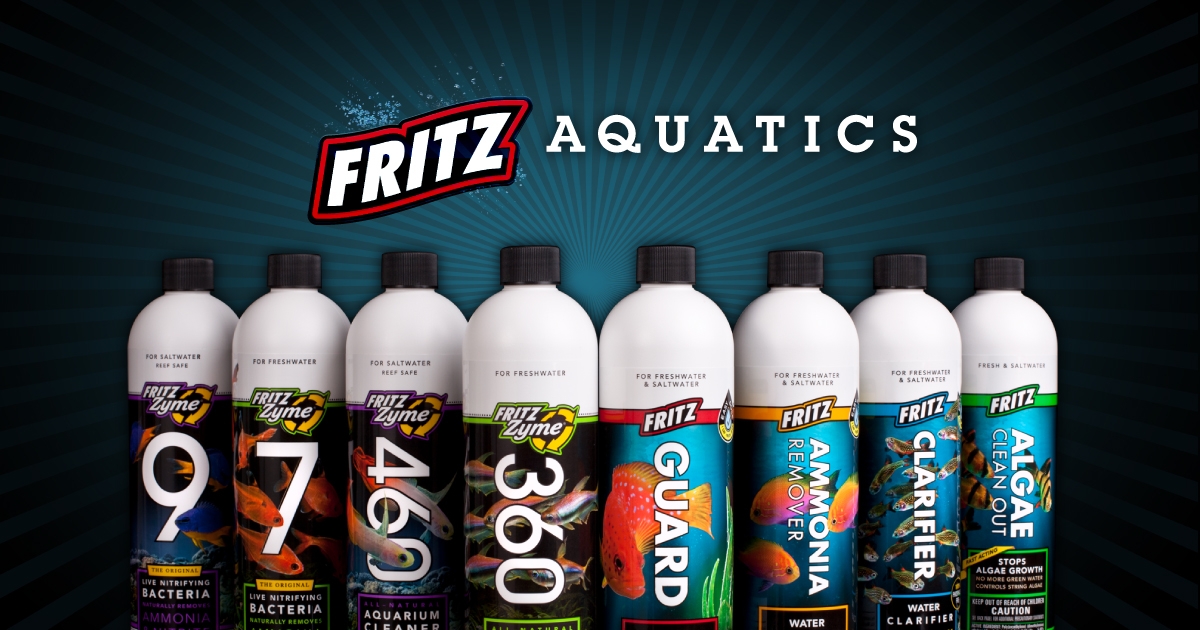carligraceee
Fishaholic
Hey guys. So, I have a 11.5g with five fish in the tank. I do weekly water changes and test the water at least once a week.
These are the parameters as of last night.
pH: 7.0
ammonia: .1ppm (had a small ammonia spike, it is going down)
nitrite: 0ppm
nitrates: 2ppm
temp: 78 f
I need my pH around 7.6, how can I increase the pH naturally that won't harm livebearers? I heard baking soda works as well as crushed coral as substrate but I can't find that anywhere where I live. Will baking soda hurt my fish? Please give me some options that are safe for livebearers and fry. Thank you!
These are the parameters as of last night.
pH: 7.0
ammonia: .1ppm (had a small ammonia spike, it is going down)
nitrite: 0ppm
nitrates: 2ppm
temp: 78 f
I need my pH around 7.6, how can I increase the pH naturally that won't harm livebearers? I heard baking soda works as well as crushed coral as substrate but I can't find that anywhere where I live. Will baking soda hurt my fish? Please give me some options that are safe for livebearers and fry. Thank you!



